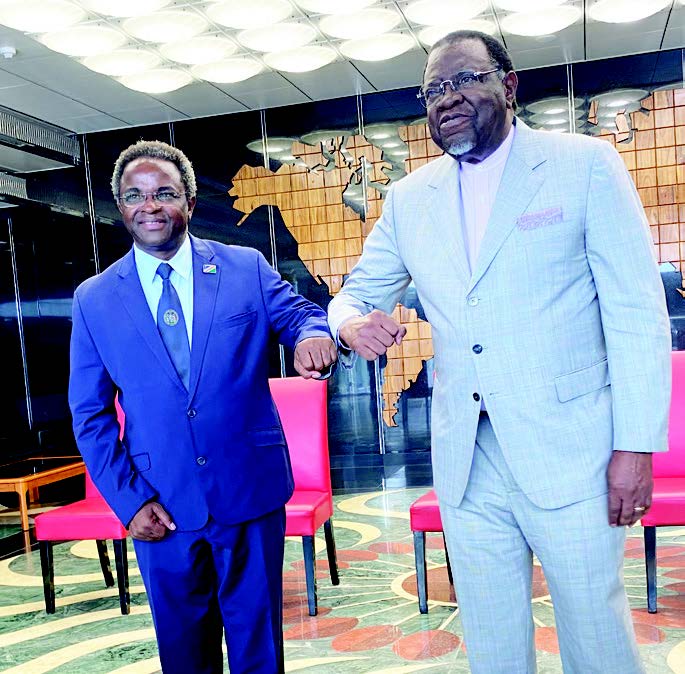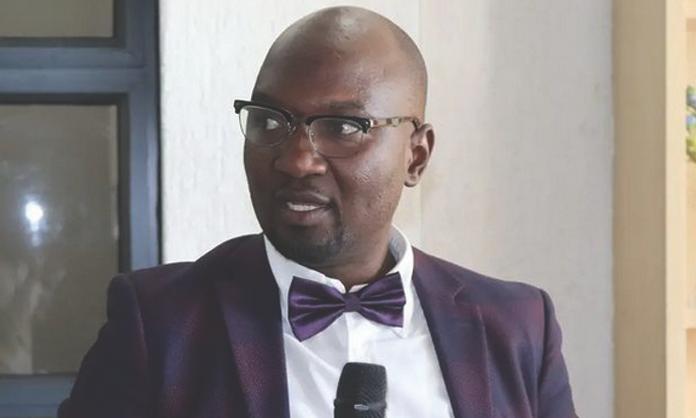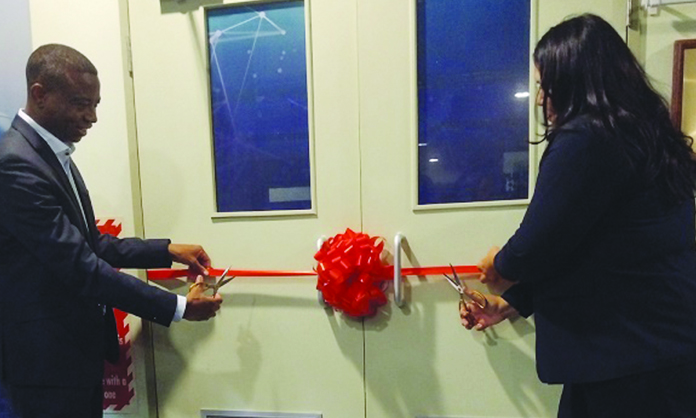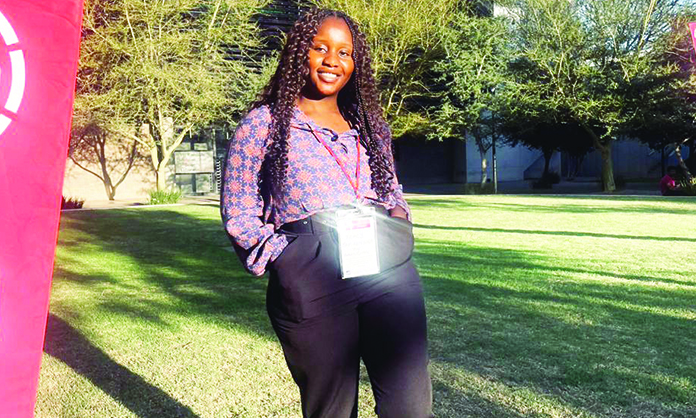This was the view expressed by Independent Patriots for Change (IPC) leader Panduleni Itula during a State House engagement with president Hage Geingob yesterday. Early in March, Geingob said that legally the oil recently discovered off the coast of Namibia does not belong to the country. This is because the majority shareholder of the oil rights is not Namibia. Itula asked Geingob to explain what he meant by his “the oil is not ours” statement. “I have been concerned about some of the pronouncements and I am reluctant to put the blame on the advisers and I was not quite sure whether you pronounced this in your capacity as that institution, the president.And later on it was refuted by [Tom] Alweendo. It is an extremely dangerous situation and the public gets confused in this regard,” Itula said to Geingob during the courtesy visit.Mines and energy minister Alweendo last month said that the oil discovered in the Orange basin off the coast of Namibia indeed belongs to Namibians. He believes the attorney general, Festus Bandeka, is obligated “to ensure that what is in the ground until the extraction licence is issued belongs to the Namibian people”. Itula argued that the Namibian Constitution stipulates that the oil belongs to the state until the extraction stage. “The licence to extract will define who are the partners and who own the right to extract it. Geingob responded to Itula by saying the country should nationalise if Namibians want the oil to be theirs. “If you mention nationalisation in this country, you will have war… If we talk about we [can] properly own our resources, let's nationalise. If you have 90% of a thing, who owns it?” Geingob said. He then referred to land ownership, saying that once someone buys land it becomes theirs and the same applies to the oil discoveries under the Constitution. Geingob said the oil discovered by companies such as TotalEnergies and Shell NamibiaUpstream BV and Qatar Energy is theirs as the petroleum agreement was signed. “We were talking about specific oils. Not oil under the ground. It was an oil discovery owned by people. Agreements are signed already. If somebody in business owns 90% and the government has 10% through the state-owned company, we must have a free carry, and that 10% is the free carry as Namibians because it is ours,” Geingob told Itula. The president went on to use uranium mining as an example of resources owned by foreign entities. “The uranium is supposed to be ours, but the Chinese are taking it. They own those companies and our laws allow for a mixed economy,” he said. Meanwhile, prime minister Saara Kuugongelwa-Amadhila yesterday warned that the country might face more job losses and product shortages, including sugar. This is a result of the Russia-Ukraine conflict.Kuugongelwa-Amadhila was responding to questions by IPC national general secretary Christine !Aochamus at State House. “It is threatening possible disruption in supplies of basic food commodities that would result in shortages of products such as sugar and fertilisers, and therefore would have a ripple effect on the economy. We expect to see not only rises in prices but possible shortages,” she said. Kuugongelwa-Amadhila said these shortages are not only going to result in individuals not being able to access these products, but industries not being able to access them in terms of their production processes.“So we are facing a threat to the sustainability of some of these industries, which will undermine the recovery of the economy. We are looking at possible job losses that are going to exacerbate the hardship of our communities,” she warned The Cabinet is waiting for proposals on how to address this possible crisis. “Cabinet decided to task its two committees on treasury as well as trade and economic development to jointly sit and review the situation and generate proposals for the consideration of Cabinet on measures to take,” she said. Simonis Storm economist Theo Klein said the food production in Ukraine and the country's exports are likely to be disrupted due to the ongoing conflict.“This will severely impact global food production and has significant food security risks for North African countries who greatly rely on Ukraine's food exports. “Namibia can expect to see higher prices for bread, corn, baking flour, honey, beverages in aluminium cans, cheese, cooking oils and many other products,” he said. Klein said cooking oil prices have increased by 21,4% on average in Namibia in the last year alone. He also highlighted that the Russian invasion of Ukraine holds significant risks for Namibia. “The biggest of these potential impacts include the global oil price shock, which has inherent risks for economic recovery and inflation in Namibia. Food price inflation on basic food staples will worsen food insecurity,” Klein added.
Stay informed with The Namibian – your source for credible journalism. Get in-depth reporting and opinions for
only N$85 a month. Invest in journalism, invest in democracy –
Subscribe Now!






